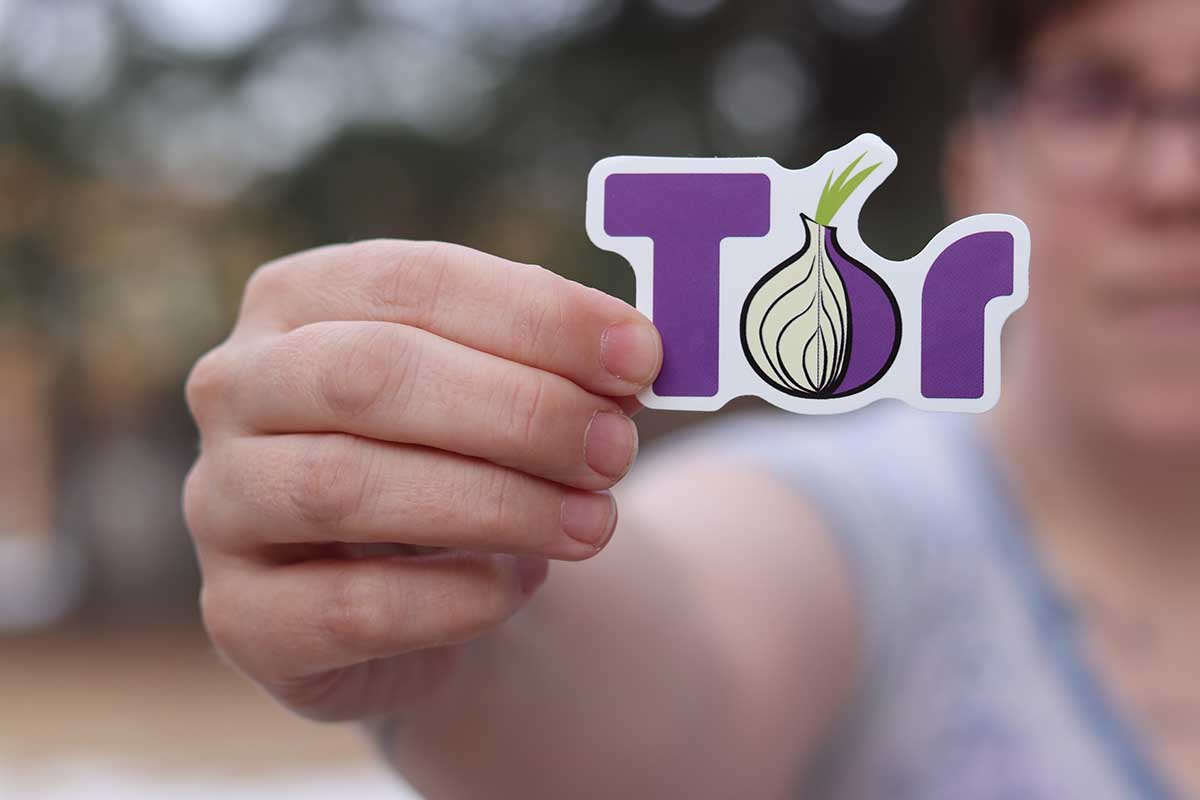3 Ways To Stay Anonymous Online
If you’ve ever wanted to change your IP address to access content from somewhere else worldwide, you’ve probably come across proxy servers, VPNs, and Tor. Although these three technologies are designed for the same purpose, they work differently and have their advantages and disadvantages. We will tell you about them.
Contents
Proxy
There are various proxy servers, so it’s very important to choose a reliable provider. You can buy the Canada web proxy on soax.com to ensure your data’s anonymity, safety, and privacy. We will tell you how a proxy works.
When you connect to a website, your connection is sent to the server hosting the website. This server can see various information about your connection, including your IP address and geographic location.
When you use a proxy, your connection is first sent to the proxy server and then to the website server. This is the proxy for your connection. By acting as an intermediate connection point, the proxy can «trick» the web server receiving the data by letting it know that your IP address and location are different from what they are.
Advantages and disadvantages of proxies
The primary advantage of proxies is a variety of IP addresses to choose from: you are not limited to a number of IP addresses set by VPN creators, and you can use any working address.
Since you usually need the proxy to get to a specific blocked resource, choosing an IP belonging to the country where the site is accessible is enough. The disadvantages of proxies are as follows:
- configuration complexity: to get a satisfactory result, you need to choose IP, port, connection protocol, and set other parameters;
- low speed: nobody promises that a small ping will distinguish the available Internet addresses;
- lack of protection of user data as end-to-end encryption.
The direct purpose of a proxy is to provide access to sites and online services blocked in your country. The data isn’t encrypted; it’s usually transmitted using SOCKS, HTTPS, or similar protocols to make it difficult to track the user. One example is the SOCKS proxies from Germany to protect your internet network.
VPN
At first glance, a VPN is very similar to a proxy server. Your signal is sent to a VPN server and then to the website you’re trying to visit. However, this time your signal is encrypted by the VPN software before it even leaves your device. This means that everyone spying on you will see just random signals with no sense. That includes your ISP.
When your encrypted connection reaches the VPN server, it’s decrypted and sent back to its destination. The website responds to your request and sends the response back to the VPN server, where it’s decrypted only when it reaches your device.
Some VPNs keep communication between the VPN servers and the website encrypted. As long as you’re using a reliable service from a trusted provider, you’ll be incognito online. Tracking your route becomes nearly impossible, and your original connection disappears into the ether.
The primary purpose of a VPN
The primary purpose of a VPN is to prevent the interception of user traffic. To do this, the following means are used:
- protection from entering the private network by third parties;
- encryption of all transmitted information;
- substitution of the real IP address with a fictitious one: within a region, a country, or the entire world.
- blocking unreliable resources: sites, individual resources, or online applications.
Setting up a VPN network guarantees the user security during the connection; as soon as the connection is broken, encryption, address substitution, and other security means are deactivated automatically.
Ways To Stay Anonymous Online: Tor
Tor is a free network of access points called nodes, working as a proxy for your connection. It’s also the browser name you use to connect to this network. When you use a Tor browser, your connection passes through several nodes before reaching the final destination. The traffic on the network is also encrypted.
However, like any free service, it has drawbacks. Like proxy servers, Tor exit nodes (the last server your connection bounces off) are recognizable. Because of this, websites can block those IP addresses and your relationship.
Moreover, Tor nodes are run by volunteers who can see your traffic and modify it. Many nodes are malicious and add malicious data to the packets you send or receive.
Ways To Stay Anonymous Online: What Tor is used for?
Tor browser is needed for:
- bypass blocking: you can get to the Internet source blocked in your country through a chain of IP addresses;
- maintaining privacy: the target site and special tracking means cannot track the original user of the chain of spoofed addresses;
- secure information exchange: anonymous email, file hosting, or other useful services help users get their data out in spite of government and international censorship.
Despite its security, Tor is much inferior to regular browsers in terms of convenience. This is manifested in the low connection (lower than when using proxies or VPNs) and the default setting for saving the history of visited resources. However, all these inconveniences increase user security and prevent any possibility of data leakage.

